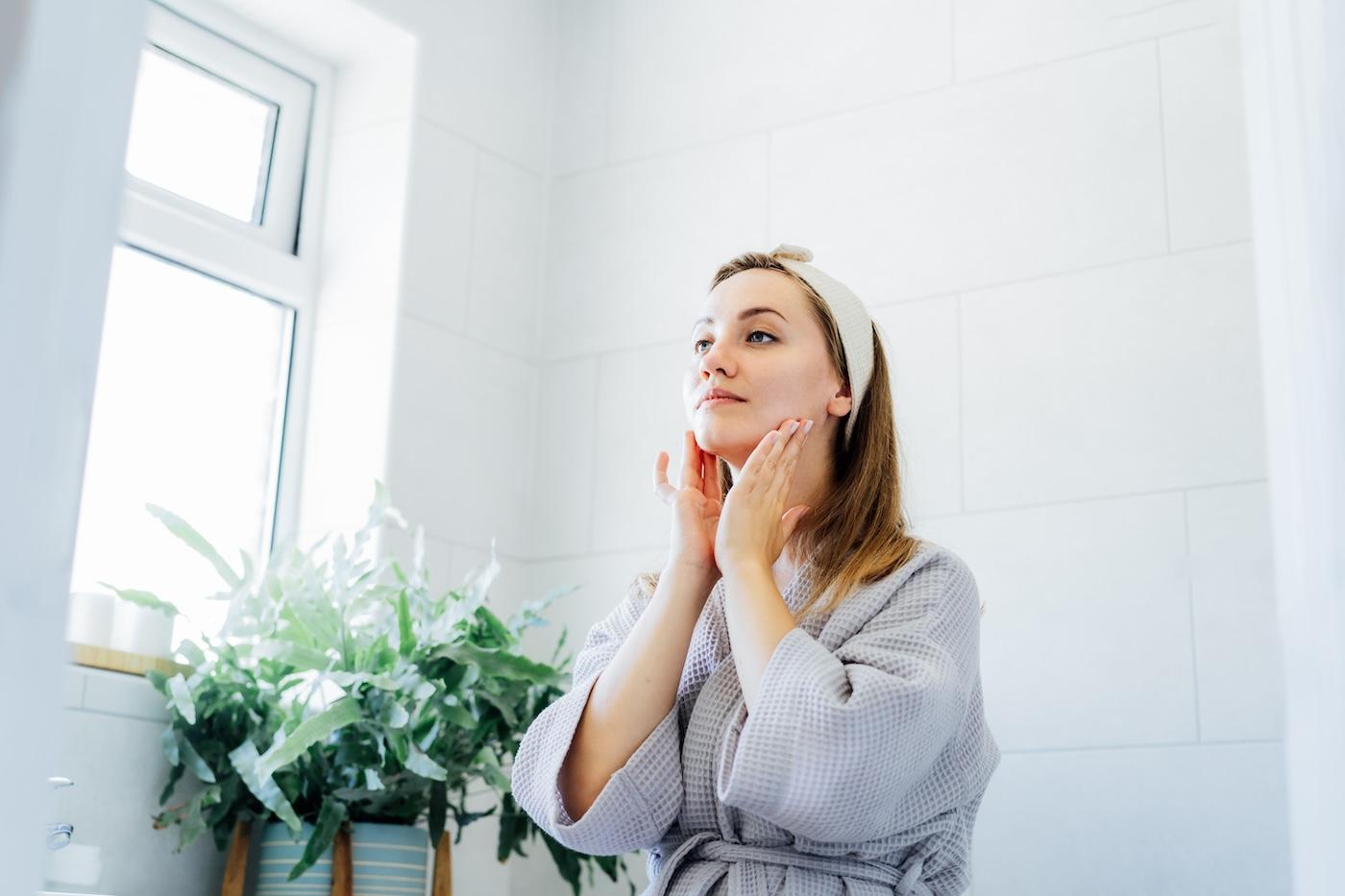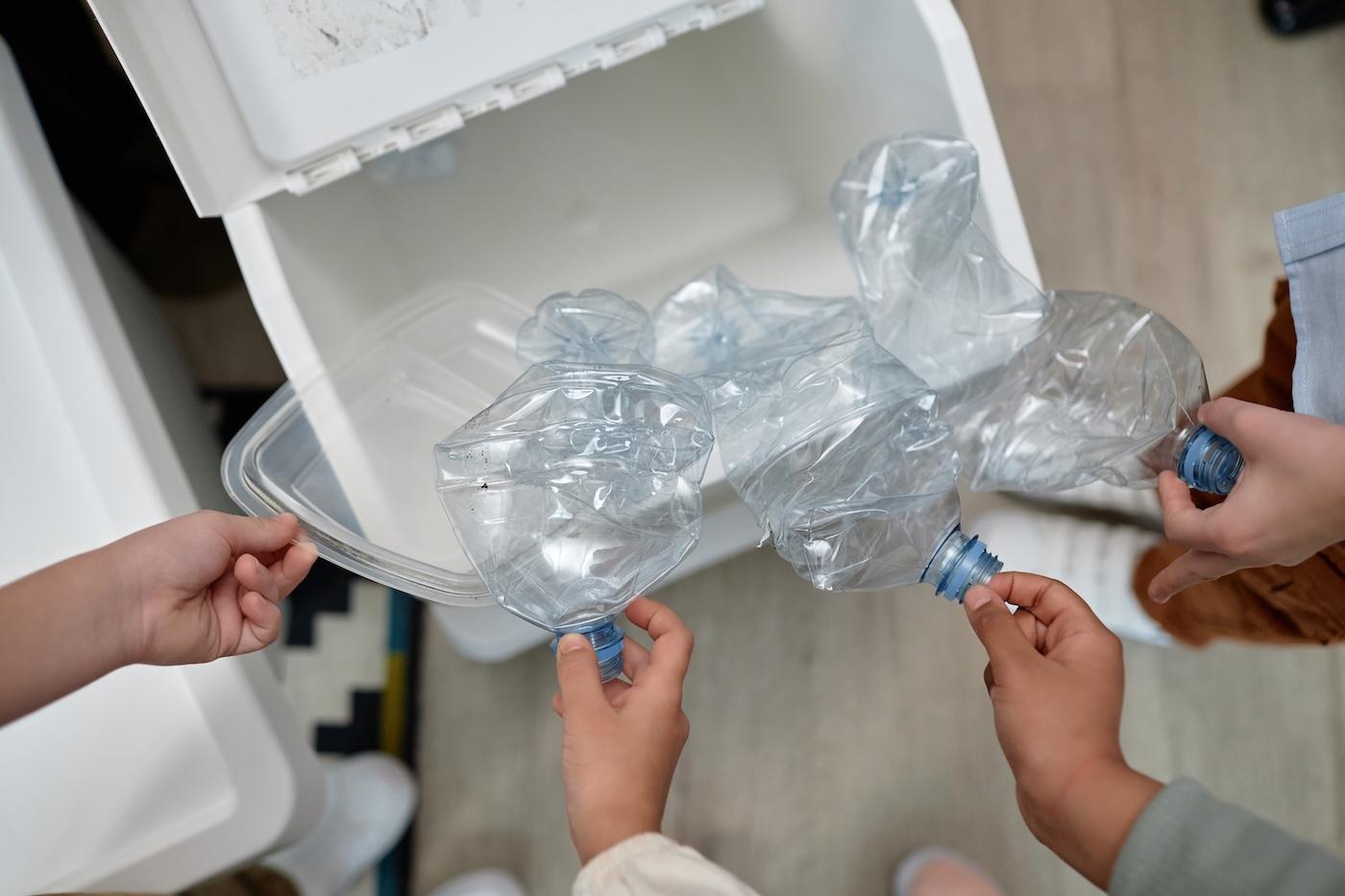PARENTS
How to Cope With Parental Anxiety…
Can your stress affect your baby?

Written by
Dr. Harvey Karp

Anyone who has felt parental anxiety surrounding the birth of her new baby might wonder if these emotions could cause baby anxiety, too. That was Trina’s big concern as a new mom.
With her ruby lips and lush, black hair, Tatiana was an exquisite baby. But Tatiana’s delicate form was balanced by a strong temperament. She inherited a passionate personality from her parents, which thrilled Trina and her husband, Mirko. But as the weeks went by, they wilted as Tatiana’s feistiness turned into shriek-a-thons.
Trina called her doctor after one particularly bad afternoon. She confided, “I’m a very sensitive and intuitive person. Is it possible that Tatiana is, too? I know she’s only four weeks old, but could she be picking up on all the stress that I’m feeling?”
Trina said that after the baby’s birth she’d had terrible pain from her C-section and just days later her apartment flooded, destroying most of the family’s possessions.
“The nest we created for our baby collapsed like a house of cards, and we had to move to our friends living room. When Tatiana developed colic at three weeks, I thought her screams might be from all the parental anxiety she felt from me.”
Can baby anxiety be caused by parents?
The birth of a healthy infant is a glorious experience, but it’s a rare mom or dad who doesn’t have episodes of parental anxiety and self-doubt. Persistent fussing can cast a shadow over your confidence and make you wonder if your fear or frustration is causing at least some of the crying. But babies are just babies! It may feel like your feelings are written on your forehead in lipstick (Sad! Mad! Nervous!), but your baby is just too immature to read your complex emotions.
While your baby won’t sense your anxiety, your crying baby does, of course, depend on you. If you are having challenges calming your baby, there are a few things to consider. But don’t blame yourself, just admit that you need help and be sure to get it!):
- New mom anxiety can reduce breast-milk supply or block letdown. A hungry baby will cry if he’s not getting enough milk.
- Keep in mind that sometimes the 5 S’s need to be done with “vigor” (swaddle, shush, and swing the baby as emphatically as needed to calm the screaming). This is why dads are so great at soothing babies. Make him the calmer-in-chief of your household and get some tips from him.
- Nervous moms impatiently jump from one calming method to another, never doing any of them fully enough to calm the crying. Taking a baby education class will boost your skills and confidence.
Note: Your newborn’s hand trembling, chin quivering and startling at loud noises are not signs of baby anxiety. These are caused by your baby’s immature nervous system and disappear within a few months.
***
Parents need and deserve help! SNOO Smart Sleeper is like another member of the family (or a virtual night nurse) to lend a hand. SNOO calms most babies within seconds and helps soothe them to sleep with womb-like sound and motion. As a result, babies sleep better and longer...and so do their parents. Learn more.
Disclaimer: The information on our site is NOT medical advice for any specific person or condition. It is only meant as general information. If you have any medical questions and concerns about your child or yourself, please contact your health provider.
SHARE THIS ARTICLE
MOST LOVED
Sleepytime Sidekicks












